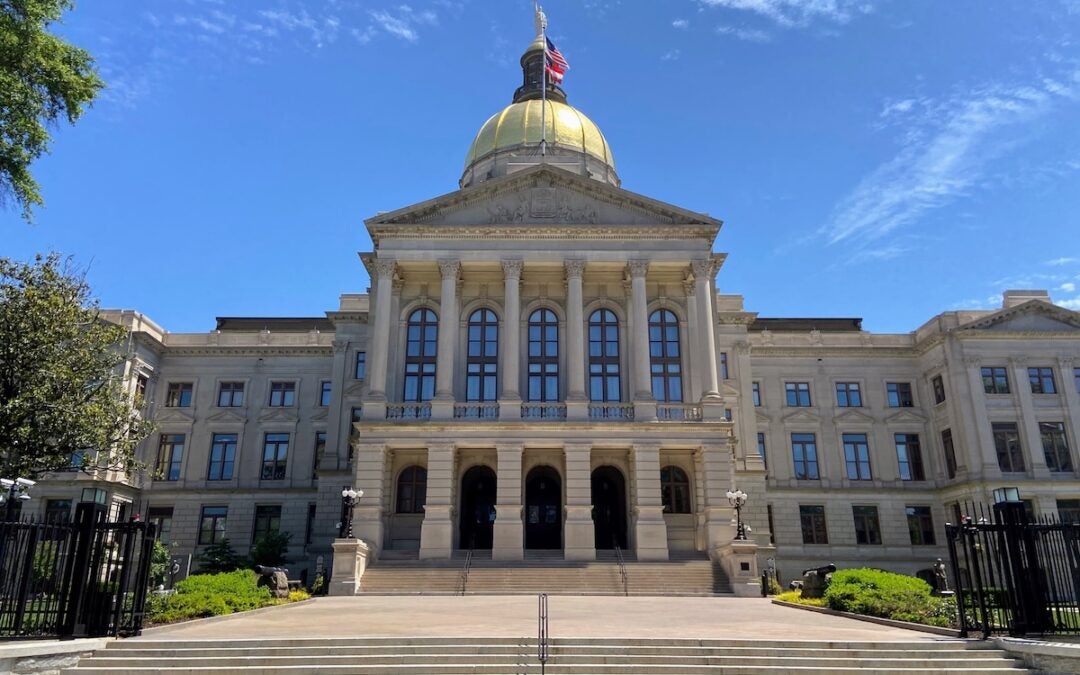There has been no hotter topic in my emails, calls and meetings than the emergence of data centers. Tech companies like Google, Meta, Amazon, Microsoft and even Netflix have massive data centers driven by demand from users, like you and me. Residential ratepayers have been rightly concerned about how this could impact rates. I have good news.
Let’s start with the good news. Georgia Power and our PSC staff have recently agreed to a base rate freeze for three years. This is welcome news as surrounding states continue to raise electricity and gas rates.
Now to the challenge. Georgia is poised to become the Artificial Intelligence (AI) capital of the U.S. We already lead the nation in “fintech,” which involve credit card and bank payment systems. With massive data centers being built to host computers running ChatGPT and other applications, Georgia is establishing dominance.
The big concern is how it might impact existing ratepayers. These tech companies need mass quantities of power and back-up natural gas generation to keep running in outages, and they want it in a relatively quick time. Georgia House Speaker Jon Burns earlier this month announced a special committee to study our state’s resource management plan and no doubt that review will include the impact of these centers.
But still, thanks to Georgia tax incentives and reasonably priced electricity in our state, more data centers and large load customers are looking for sites throughout our state with adequate land, power and water. These centers bring immense capital and contributions to the tax base, offer premiums for the right property, support community infrastructure upgrades, and often give financial support to community initiatives.
Last year, our Public Service Commission took emergency action to acquire 3,300 megawatts of additional capacity, making sure the cost was borne by those asking for that power. Earlier this year, our PSC took further action and created new rules for very large-load customers, like data centers, to protect residential, small business customers and existing large business customers. Longer-term contracts, credit requirements, minimal bill provisions and appropriate termination policies guard against instances where data centers or others may exit the system sooner than required to pay for their costs. These PSC-approved actions go a long way in resolving concerns from Georgia political leaders and ratepayers.
I know there is a lingering concern across Georgia about energy prices after the pandemic, vast inflation, hurricanes, winter storms and the completion of Plant Vogtle, a worthy project that went way over budget due to the bankruptcy of Westinghouse. But our PSC, a group of five elected officials, has proactively secured the power we all need, and a healthy reserve margin — with more to come. And freezing rates for three years, as previously mentioned, will help ease this concern.
Not every state is in the position that Georgia is in. Southern Company and Georgia Power have a reputation for reliability. Our PSC has approved projects that have created a high reserve margin, like Plant Vogtle, and actions we took last year to acquire more capacity. And with our rates well below the national average, and 0% sales tax on manufacturing machinery and equipment, you can see why companies like Hyundai, Q-Cells and SK Innovations now call Georgia home. Their presence in Georgia creates high paying jobs which in turn improve our tax base and create other service jobs in communities where these factories are located.
In Georgia, we have made steps to secure for our state an abundance of energy through multiple sources making us attractive to both Data Centers and Manufacturing. We are ready for the future.
Tim Echols
Public Service Commissioner District 2
Tim Echols is a statewide elected official on the Georgia Public Service Commission having served since 2011. He is running for re-election and has both a Primary challenger on June 17 and a General Election opponent on Nov. 4.








